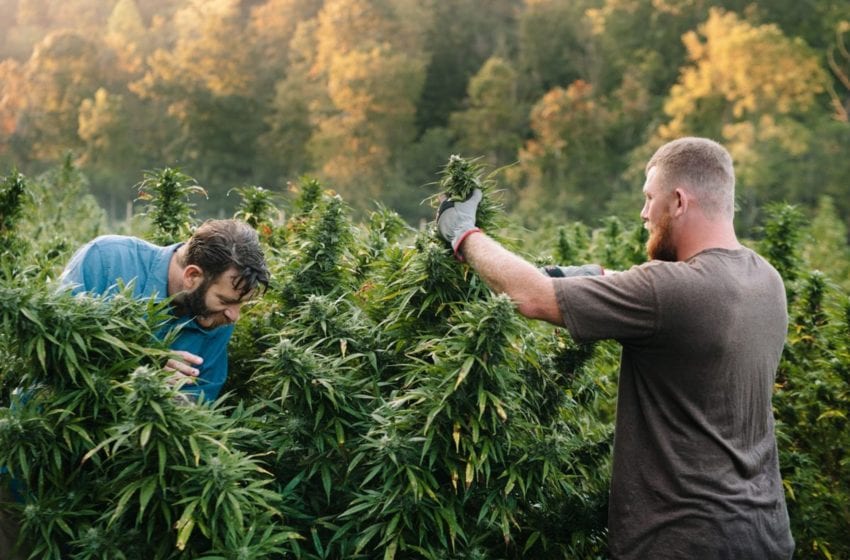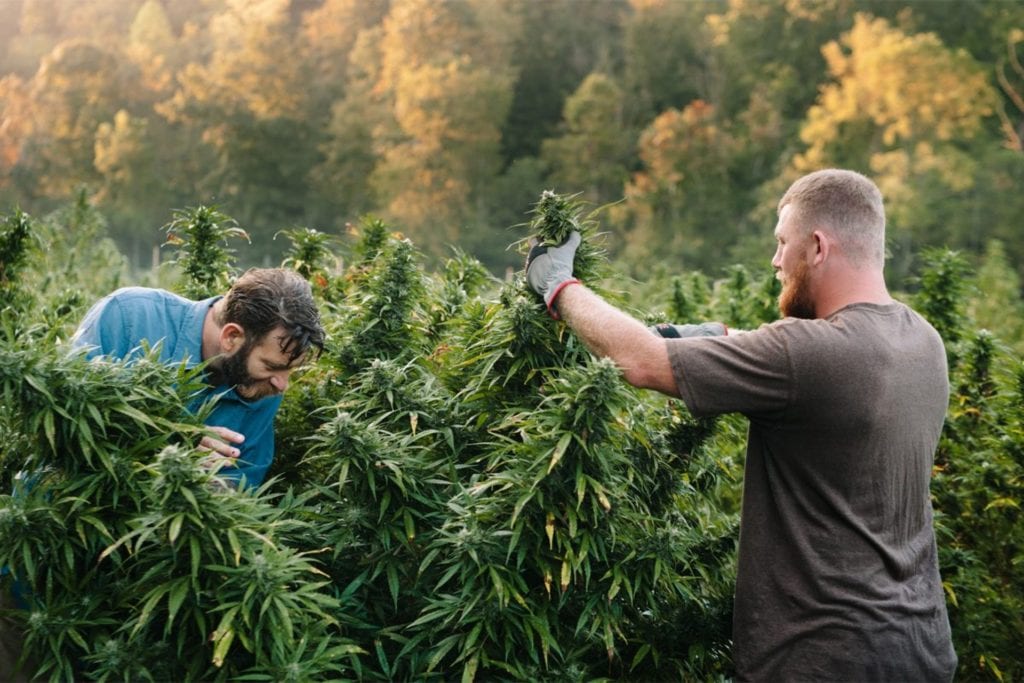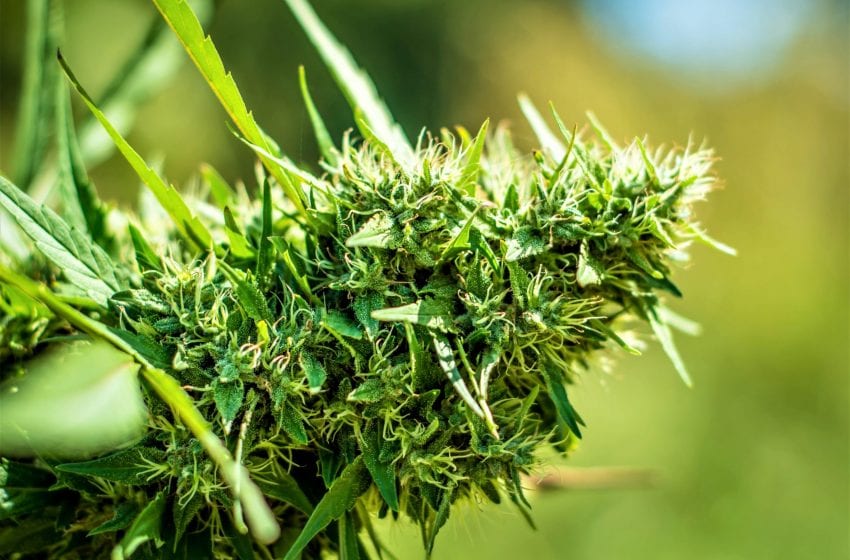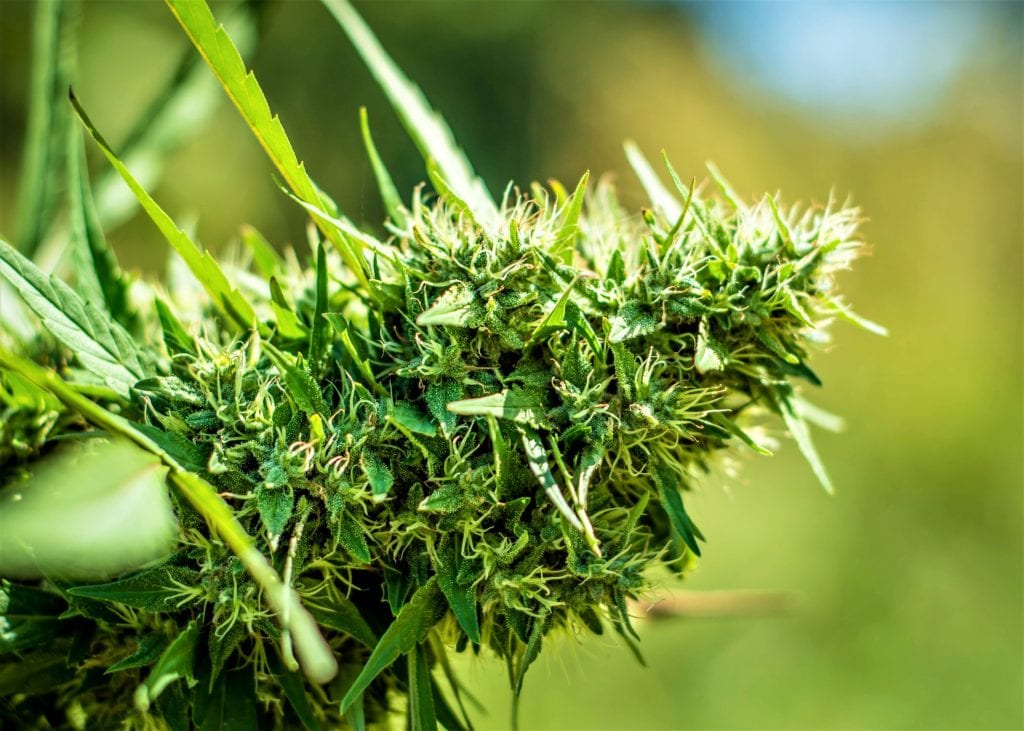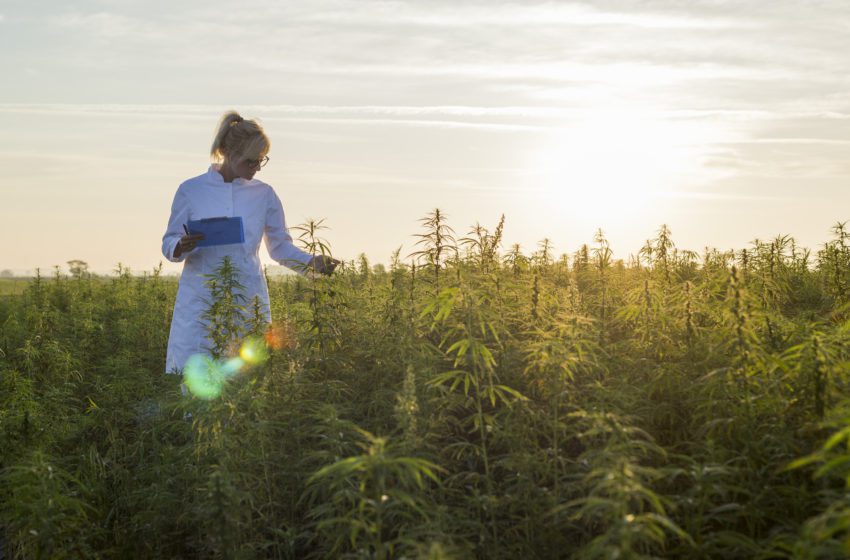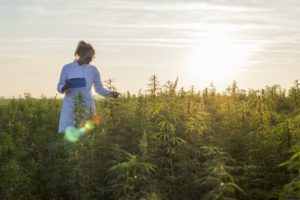The global hemp market could reach $18.6 billion by 2027 if nations around the world take action to clarify the crop’s legal status and address other key issues, according to an extensive report on the industry from the United Nations Conference on Trade & Development (UNCTAD).
Citing figures from researcher Krungsri Research Intelligence, a part of Bangkok-based Bank of Ayudhya, the report suggests the next five years could see the market value of hemp quadruple from the estimated $4.7 billion recorded in 2020, as reported by Hemp Today.
The UNCTAD report addresses:
- Information: More transparency is needed for the hemp industry, including public data about production of hemp across all outputs, country-specific data, and pricing, the report’s authors advise.
“At the international level, there is a clear need to improve availability and accessibility of information. Efforts should be devoted to improving the current state of information about all aspects of this commodity.
“Additional categories need to be included to cover, for instance, hemp seeds, hemp seed oil, hemp seed products, hemp oleoresins and essential oils,” according to the report.
- Sustainability: The report also suggests that environmental and social considerations are “core to the success of any hemp-related policy” and therefore should be taken into account in broader legal and regulatory frameworks.
“In order to ensure a sustainable hemp sector globally hemp farming can offer environmental benefits that can be considered in policies aimed at mitigating the effects of climate change and restoring healthy ecosystems,” the report observes.
As hemp cultivation can help to maximize the use of land, it may also contribute to increasing the incomes of farmers and rural communities, especially in developing countries, the report notes.
- Industrial strategy: A whole-plant strategy for hemp should be considered in most parts of the world, UNCTAD recommends, noting “this is all the more desirable because of the still relatively small size of hemp markets and the economic constraints inherent in such markets.”
A whole-plant approach can mean business in both primary and secondary markets, and hemp farming could be further monetized by integrating carbon credit schemes on a voluntary basis, the paper also observes.
The 84-page report defines the steps that governments can take to capitalize on hemp for its economic and social potential, gives an overview of industrial hemp by output categories, and shows how those hemp subsector derivatives are reflected in trade statistics.
“Hemp value chains can boost growth in rural areas and contribute to both manufacturing and food-processing industries. However, to fully exploit such potentialities, countries may have to take specific actions,” according to the report, which marks the first time an international intergovernmental body has issued a paper promoting the use of industrial hemp.
The report also addresses the legal issues surrounding hemp. Clarifying the legal status of hemp as a non-intoxicant is the first step governments need to take in order to minimize legal and financial risks for producers, the report observes.
“Cultivation of non-intoxicant C. Sativa L. cultivars should be permitted in all countries even though it may require strict governmental control. Moreover, an approach favoring THC threshold in final products, rather than in the field, should be adopted to incentivize a whole-plant approach and uses,” the report says.
Alternatively, increased THC thresholds for crops “on the field” up to levels scientifically recognized as non-intoxicant could be put in place by lawmakers. “This would allow increasing the pool of varieties useable in hemp production chains, thus de facto increasing the possibility to cultivate cultivars best adapted to specific environmental conditions and characteristics,” according to the report.
Other production constraints imposed by regulatory frameworks also must be identified, and strategies should be developed for regional cooperation to establish viable and sustainable value chains, the report also suggests.



